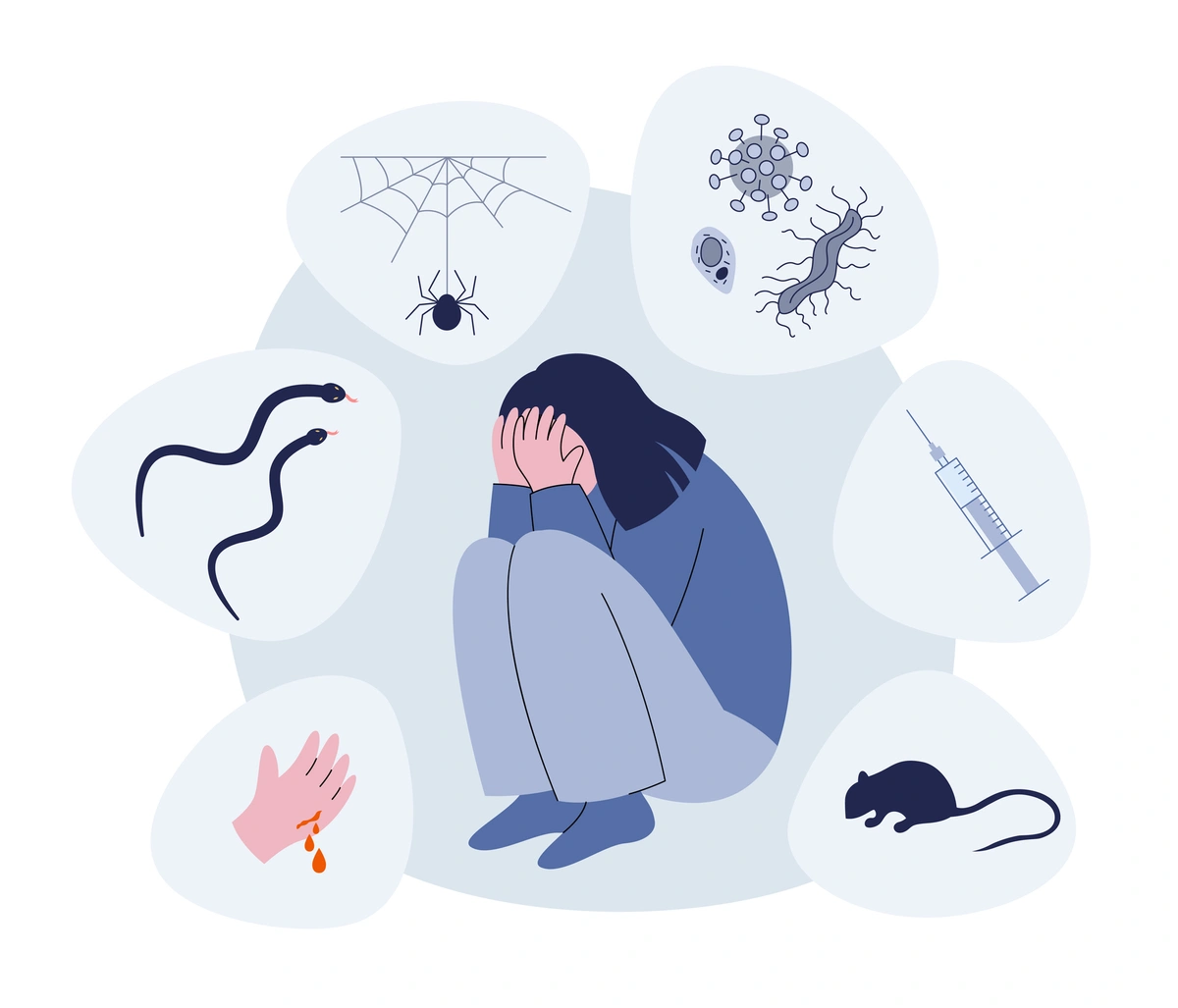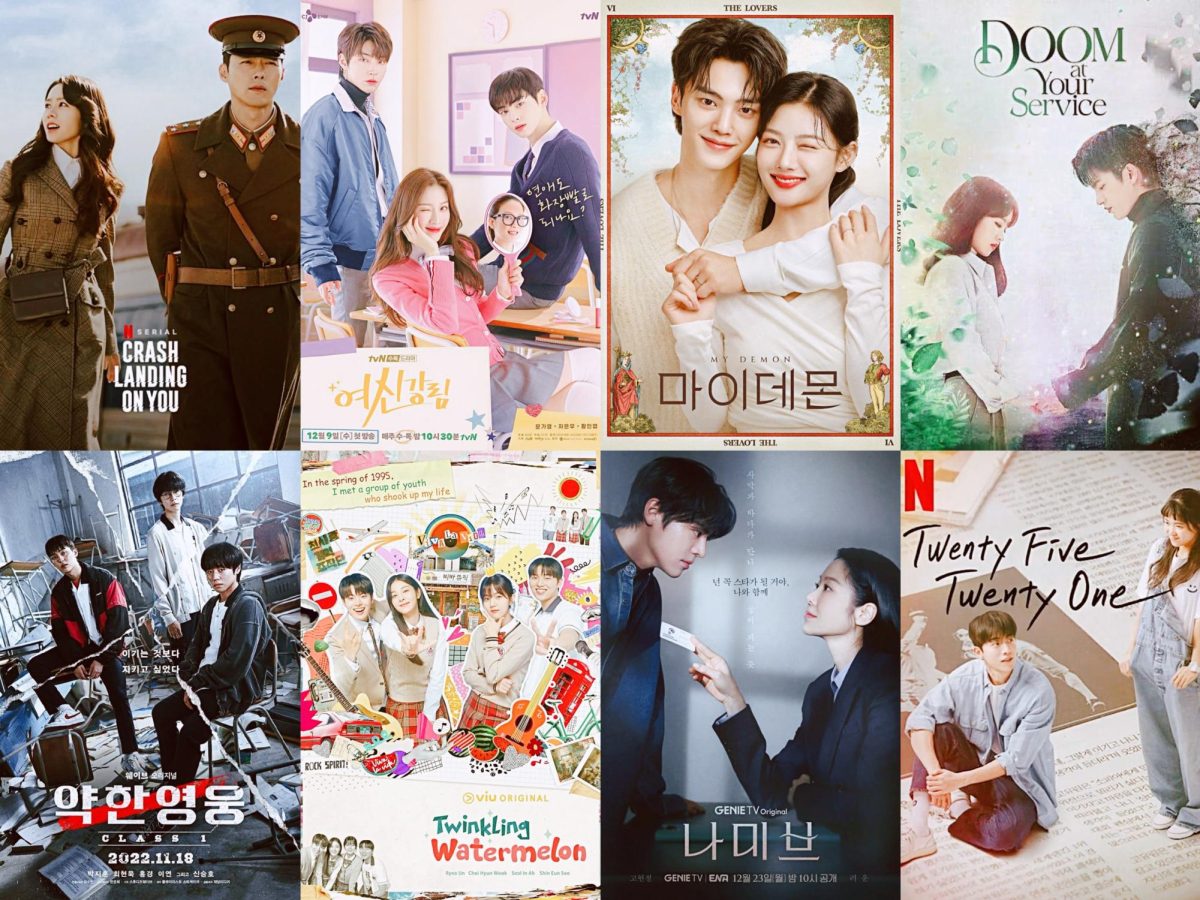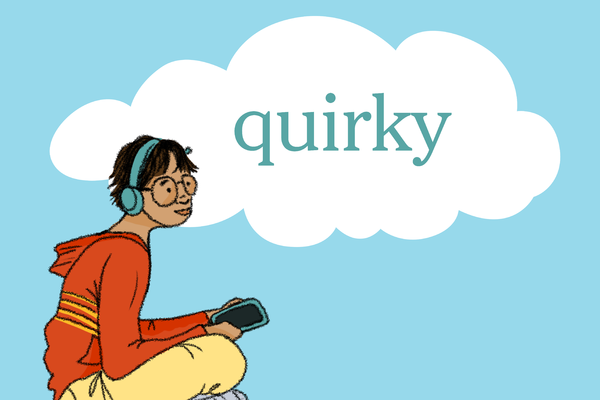Sometimes, people simply outgrow their friends; it’s a natural part of growing up. How individuals handle this situation can often hurt others, even if they aren’t meaning to. While it’s normal for interests and ideas to change, it can be difficult when you see a friend trying to maintain a friendship that you no longer desire. It’s best to be honest with them. Holding onto a one-sided friendship can be emotionally draining.
Openly discussing the fact that you’ve outgrown someone is far more beneficial than ignoring the issue. If you avoid this conversation, your friend may feel confused and wonder if they’ve done something wrong. Having an honest conversation is a much better option than engaging in dry, meaningless discussions.
People often face friendship break-ups in middle and high school, where they think they have found their type of people. Middle school is a time when students often seek to fit in with different groups, changing their interests to resemble those of their peers, only to discover later that they were not exactly the interests they valued themselves.
As everyone enters high school, the friendships you once had start to drift. During these years, teenagers often change directions, attend different high schools, and make new friends. Some also begin going to parties, engaging in risky behaviors, and making poor choices, such as drinking or smoking. These actions change how they interact with the people they once knew, and it can become time to just let it go.
While on the other side, sometimes people cling to hope of talking to the person again, wishing they hadn’t lost a friendship they once valued. However, when you do speak to them, it feels like you’re talking with a stranger. You realize that everything you were once told may have been either a lie or an excuse.
Most people often decide to end a friendship when they feel hurt. However, it’s common for people to feel guilty about being the one to initiate the friendship breakup. You might replay conversations that hurt you repeatedly, wondering if they are valid reasons to end the friendship. If you have doubts about the relationship, isn’t that a sign that it may have not been genuine in the first place?
The hard part of this situation is that some people start to question whether the friendship was toxic from the beginning. Signs of a toxic friendship include manipulative behavior, a lack of reciprocal actions, disrespect for boundaries or fear of setting boundaries, feeling mentally drained after interacting with the friend, and a one-sided dynamic of blame or fault. For example, if you try to say no to your friend or develop an opinion different from theirs, they won’t accept it. Rather, they will bash you for your opinions in the form of ‘advice’, which is a sign of manipulation. Everyone has the right to form their ideas and opinions. If you feel that you are always giving but never receiving, it might be time to step back and reflect on the situation. A friendship is a partnership between two people, meaning both should put in effort.
If boundaries are seen as a form of destruction to the friendship, then it might be time to rethink the friendship. No matter how small a boundary may seem to someone else, it is important to the person setting it. If the person who is informed of the boundary does not respect the boundary setter’s space, then the friendship may not have a comfortable environment for either person. Boundaries should be viewed as a sign of respect rather than a sign of destruction. Not all friendships are about being inseparable, especially in this context.
If there are unresolved issues, it often means only one person is holding the blame. When someone considered a friend avoids confirming their responsibility, it usually indicates a fear of being blamed. Often, they resort to gaslighting tactics to shift the blame onto the other person.
After finally gathering the reasons to end a friendship, one may start questioning whether they are making the right choice. After ending the friendship, they might reminisce about past memories and wonder if they made a mistake. However, if they had stayed in the friendship, they would continue to drain their energy on someone who no longer looks forward to them.
It may not seem like a harmless or unimportant situation, but when someone spends too much time with someone whether that is a friend, family member, or a partner they form a bond where they might get emotionally attached. Being in a toxic friendship makes that more difficult because it distorts one’s perception of the person and situation.
At the end of the day, if your friends just end up hurting you instead of making you feel comfortable, as friends should, leave them. It might hurt but it’s better to leave than drain your energy on someone who won’t do that for you. If a friendship, which should bring positivity to your life, is only creating negativity, then what’s the point of holding on to it?
(Picture from Blossom Team blossom-counseling.net )







